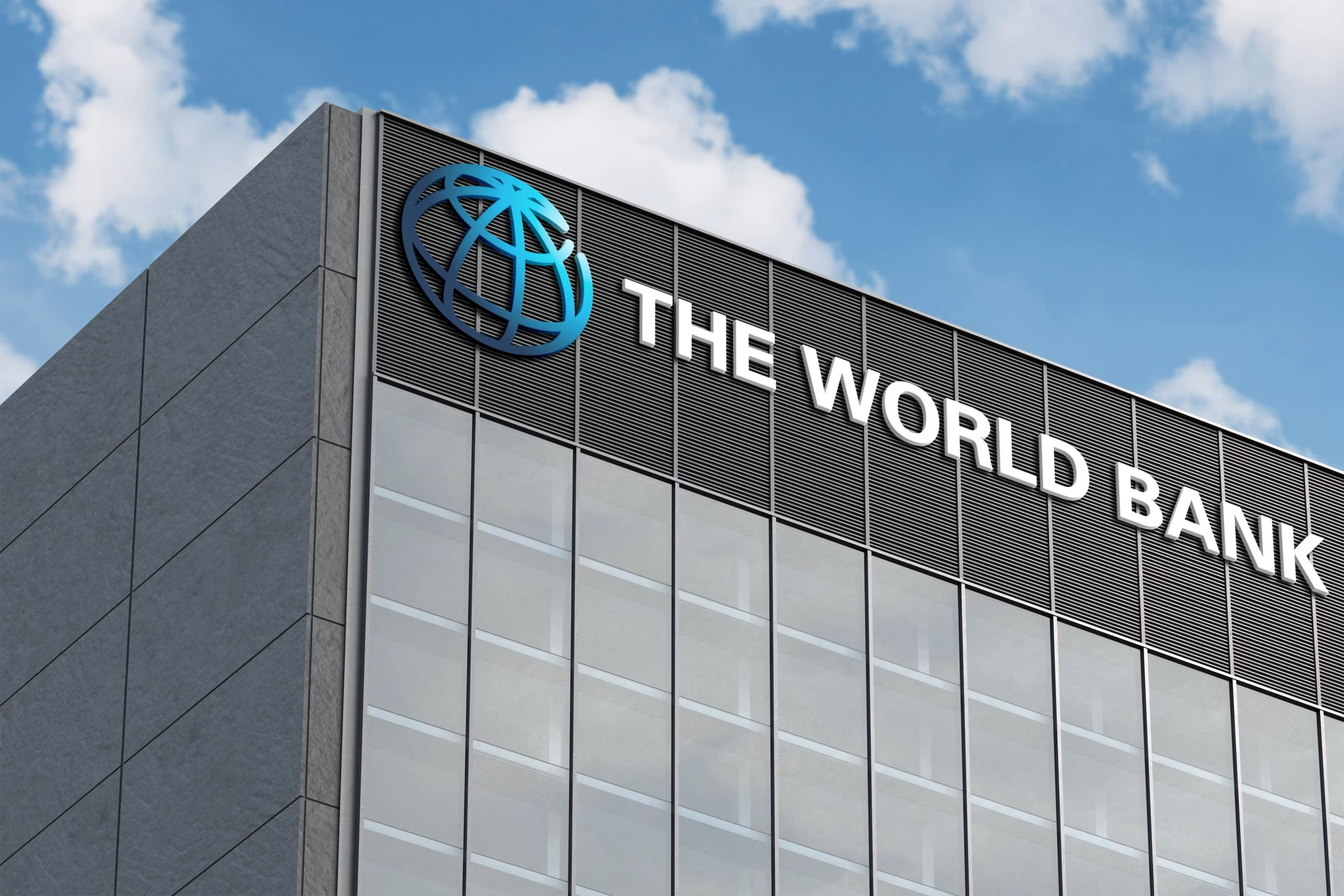The World Bank has approved significant financial packages to support post-war rebuilding efforts in Lebanon and Syria, allocating $250 million to Lebanon and $146 million in grant aid to Syria, the organisation announced on Wednesday.
Lebanon is grappling with the aftermath of last year’s war between Israel and Hezbollah, while Syria is attempting to rebuild after the fall of former president Bashar al-Assad in December, ending a 14-year civil war.
According to a statement, the $250 million approved for Lebanon is part of a larger $1 billion framework aimed at restoring critical public infrastructure and essential services as well as managing debris in the regions most severely affected by the conflict.
Jean-Christophe Carret, the World Bank’s regional director for the Middle East, explained that the initiative marks the start of a scalable programme to meet Lebanon’s estimated $11 billion reconstruction needs.
Lebanese Prime Minister Nawaf Salam praised the funding decision, calling it “a crucial step” toward recovery and a boost to state-led rebuilding efforts.

The conflict with Israel, which escalated into full-scale war in September and ended with a ceasefire in November, caused widespread damage across Lebanon, particularly in Hezbollah-controlled regions and parts of Beirut. The destruction has compounded Lebanon’s long-standing economic crisis, and the government continues to appeal for international assistance.
Separately, the World Bank also approved a $146 million grant to Syria, aimed at restoring its battered electricity sector. The funding, sourced from the International Development Association, will be used to repair high-voltage transmission lines and substations and secure critical spare parts and maintenance tools.
Carret described the electricity sector as a vital investment for Syria, with the potential to improve daily life, enable the return of displaced people, and revive key public services such as healthcare and water supply.
The grant marks the World Bank’s first major step towards increasing support for Syria’s long-term recovery. Syria’s civil war, which began in 2011, left the country’s infrastructure in ruins and its power supply severely crippled, with residents enduring hours-long daily outages.
The new aid comes after Saudi Arabia and Qatar agreed to cover Syria’s outstanding debt to the World Bank, paving the way for fresh investment as international sanctions on the country begin to ease. The United Nations estimates that rebuilding Syria will require more than $400 billion.


 Trending
Trending 
